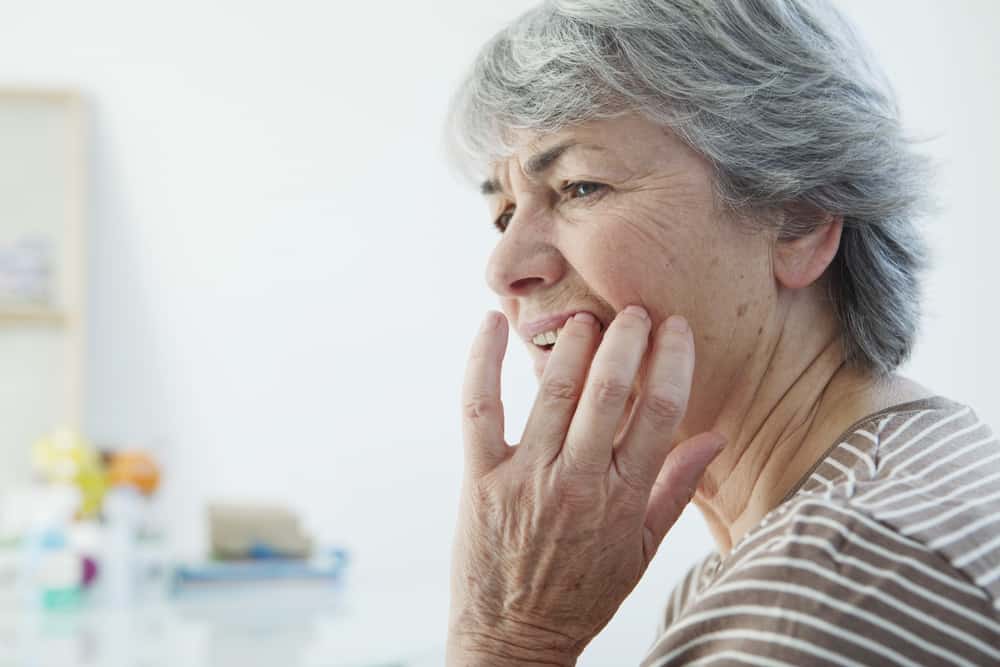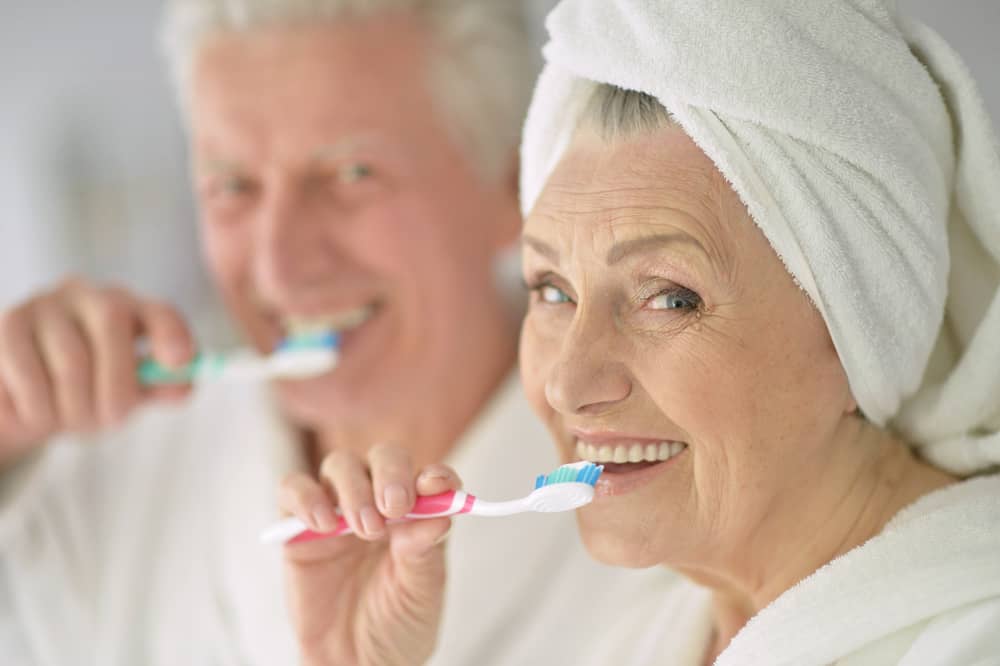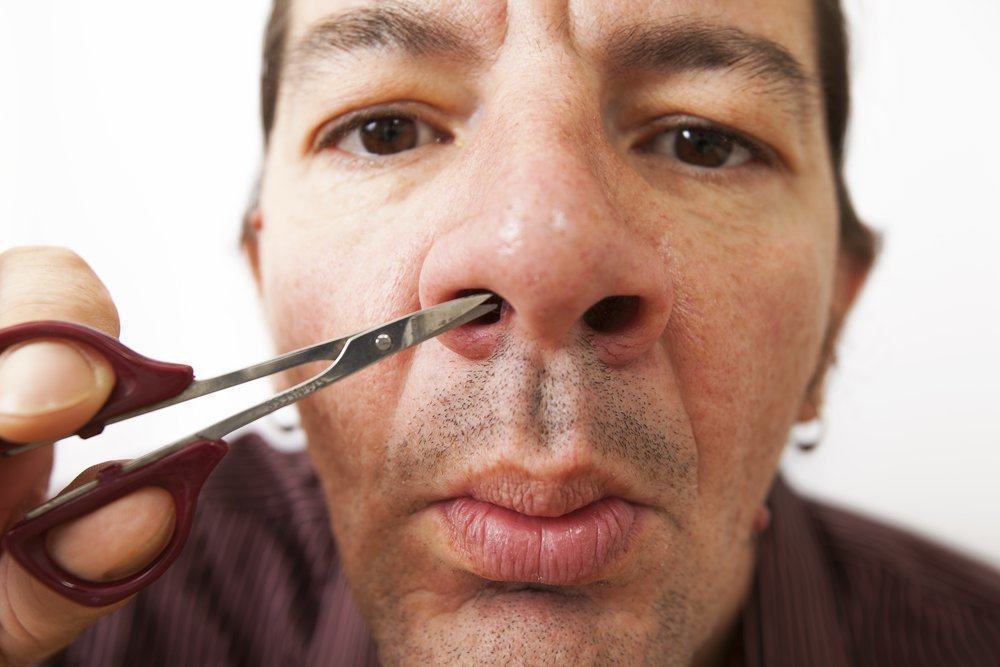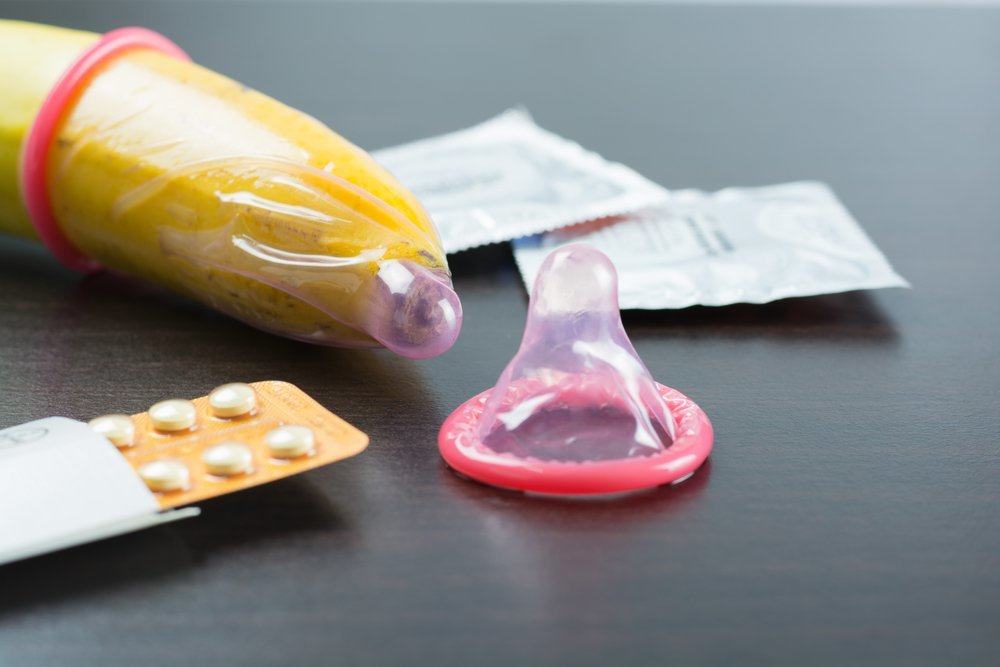Contents:
- Medical Video: Caregiver Training: Refusal to Bathe | UCLA Alzheimer's and Dementia Care
- Decreased teeth in the elderly increase the risk of dementia
- Why can tooth decay in the elderly increase the risk of dementia?
- How to reduce the risk of dementia?
Medical Video: Caregiver Training: Refusal to Bathe | UCLA Alzheimer's and Dementia Care
Decreased teeth in the elderly may be quite common because the teeth in the elderly are not as strong as they used to be. However, did you know that reduced teeth in the elderly will increase the risk of dementia? Really like that? Come on, see the following review.
Decreased teeth in the elderly increase the risk of dementia
Reporting from NCBI and WebMD, a study in Japan found a link between tooth loss (tooth loss) was associated with an increased risk of dementia in elderly people. The study involved more than 1,566 elderly people in Japan whose health was monitored for five years, from 2007 to 2012. The elderly were previously declared free of dementia.
Researchers made adjustments to the increased risk of dementia and Alzheimer's with the following:
- Age
- Gender
- Work
- History of high blood pressure
- Stroke or diabetes
- Level of education
- Consumption of cigarettes and alcohol
- How often do you brush your teeth
- Dental problems (swollen gums or bleeding gums)
- Regular visits to the dentist
At the start of the study, researchers determined four categories according to the number of their teeth, which ranged from 20 or more respectively. For five years, 11.5 percent of the elderly experienced some type of dementia, including Alzheimer's disease and vascular dementia, which occurs when part of the brain doesn't get enough blood to carry the oxygen and nutrients it needs, causing brain nerve cells to break down.
The researchers found several possibilities for dementia, namely:
- The development of dementia increased 91% for the elderly who had 1 to 8 remaining teeth
- The development of dementia increased by 62% for the elderly who had 10 to 19 remaining teeth
As a result, there are two possibilities caused by reduced teeth in the elderly, namely Alzheimer's disease and vascular dementia. From the study, 42 people from all study participants suffered from vascular dementia.
Why can tooth decay in the elderly increase the risk of dementia?
Oral hygiene can be a sign of health because the mouth is related to diet. Bad mouth conditions indicate eating patterns and unhealthy behavior. This is certainly a reference for researchers, that tooth and gum damage can trigger inflammation. Inflammation is a risk factor for someone suffering from Alzheimer's disease.
In addition, chewing can also increase blood flow and increase oxygen levels in the blood. For people who have less teeth, these activities make it difficult for food to be managed in a healthy manner.
How to reduce the risk of dementia?
One of the study authors, published in the Journal of the American Geriatrics Society, concluded, "These findings emphasize the importance of dental care, especially done early to reduce the risk of demesia later on."
According to Rosa Sancho, head of research at Alzheimer 's Research in the UK, lifestyle factors influence the risk of dementia. So reducing these risks can be done by making simple changes to lifestyle. Then, Rosa added, "Although direct brushing can prevent dementia, good dental care is an important part of this healthy lifestyle. In addition, eating a balanced, healthy diet, staying physically active, drinking enough, maintaining cholesterol and blood pressure, and maintaining body weight are ways to reduce the risk of dementia. "













